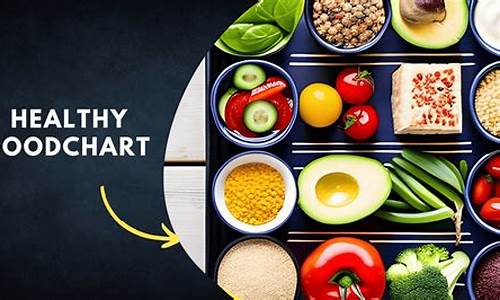Diet and Life Suggestions for Health Management of Pregnant Women
Pregnancy is a beautiful and life-changing experience that requires careful attention to health and well-being. Proper diet and lifestyle choices during pregnancy are essential for the health of both the mother and the baby. In this article, we will explore essential diet and life suggestions that can help pregnant women manage their health effectively throughout this important period.

Balanced and Nutritious Diet

A balanced diet is crucial for supporting the health of both the mother and the developing baby. Pregnant women should ensure they consume a variety of foods rich in essential nutrients, such as vitamins, minerals, proteins, and healthy fats. Incorporate plenty of fruits, vegetables, whole grains, and lean proteins into daily meals. Calcium-rich foods, like dairy products, and iron-rich foods, like spinach and red meat, are also important for preventing deficiencies.
Hydration and Fluid Intake
Staying hydrated is key to maintaining proper bodily functions during pregnancy. Pregnant women should drink plenty of water throughout the day, as dehydration can lead to complications such as urinary tract infections and preterm labor. Aim to consume at least 8-10 cups of water daily, and avoid sugary drinks and excessive caffeine.


Physical Activity and Exercise
Moderate physical activity can greatly benefit pregnant women by improving circulation, boosting energy levels, and relieving stress. Activities such as walking, swimming, or prenatal yoga are ideal for staying fit while avoiding excessive strain. Always consult with a healthcare provider before starting any exercise routine.

Adequate Rest and Sleep
Getting enough rest is crucial during pregnancy. Hormonal changes and physical discomfort can make it difficult to sleep, but it’s essential for the body to recharge. Pregnant women should prioritize getting at least 7-9 hours of sleep each night. Taking short naps during the day can also help alleviate fatigue.
Avoid Harmful Substances
Pregnant women should avoid substances that can harm their health or the baby, such as alcohol, tobacco, and recreational drugs. These can lead to severe complications, including birth defects and developmental delays. It is also important to limit exposure to harmful chemicals, such as pesticides or household cleaning products.
In conclusion, maintaining a healthy diet, staying hydrated, exercising regularly, getting adequate rest, and avoiding harmful substances are essential aspects of health management for pregnant women. By following these guidelines, mothers can ensure the best possible health for themselves and their babies during pregnancy.